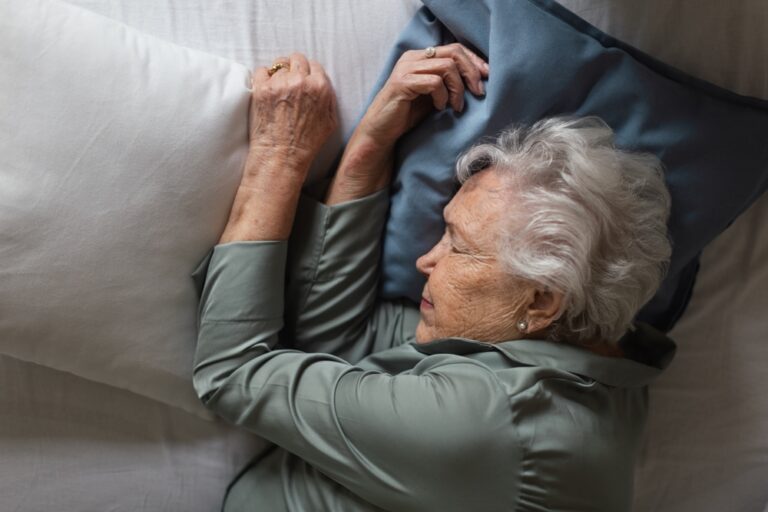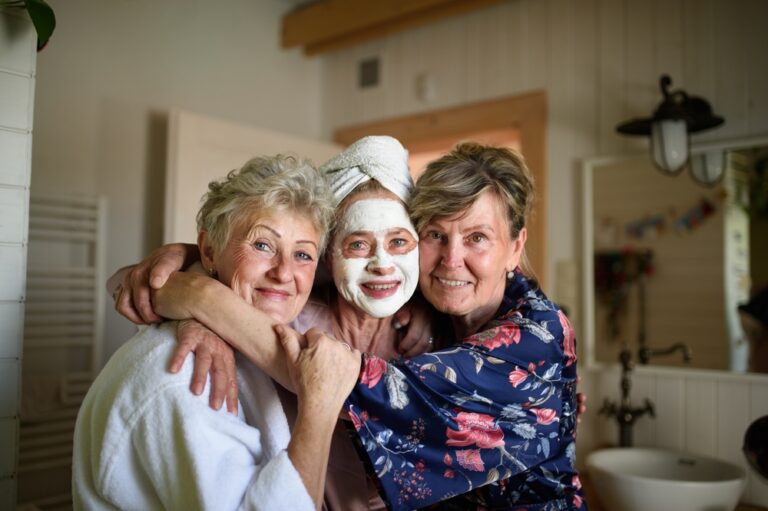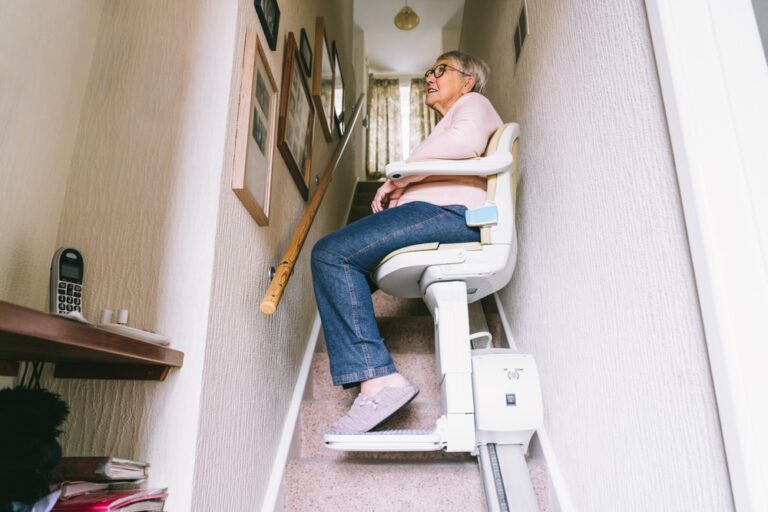Sleep, an essential component of overall health, undergoes various changes as we age. For seniors, understanding and adapting to these changes in sleep patterns is crucial for maintaining physical health, cognitive function, and quality of life. The role of sleep in aging is multifaceted, impacting various aspects of well-being, making it a key area of focus for senior health care.
As we enter our senior years, several changes in sleep patterns become evident. Older adults might find it more challenging to fall asleep and stay asleep. The sleep itself can become more fragmented, with more frequent awakenings during the night. This can lead to a decrease in the amount of deep, restorative sleep, which is essential for refreshing the body and mind.



